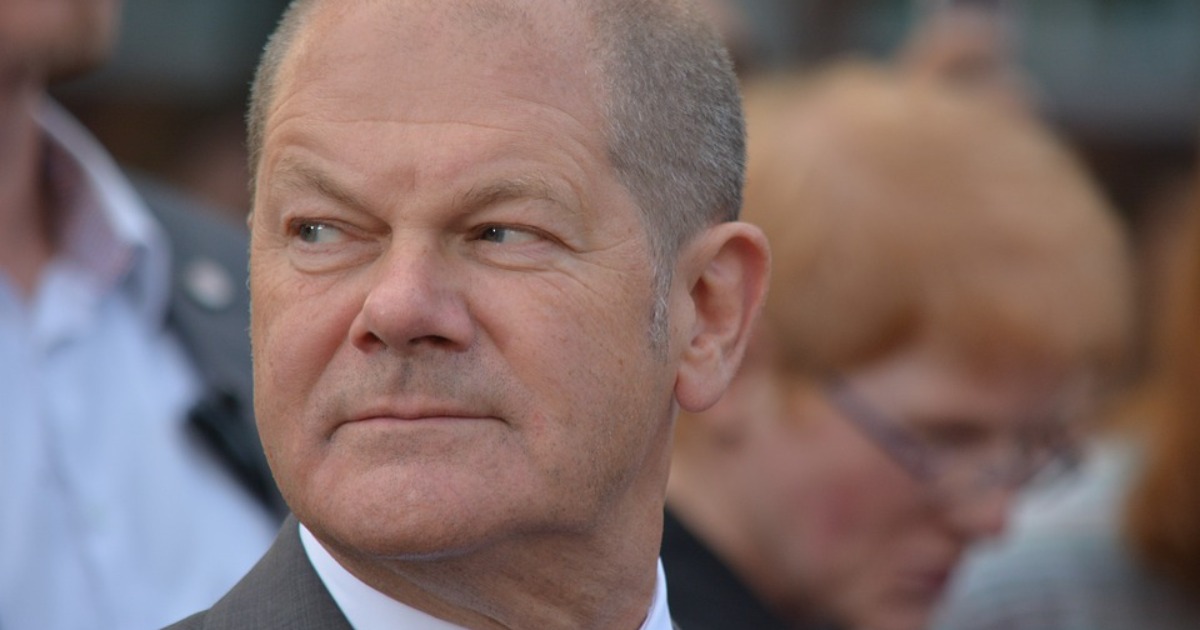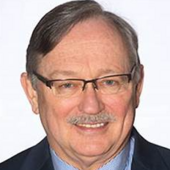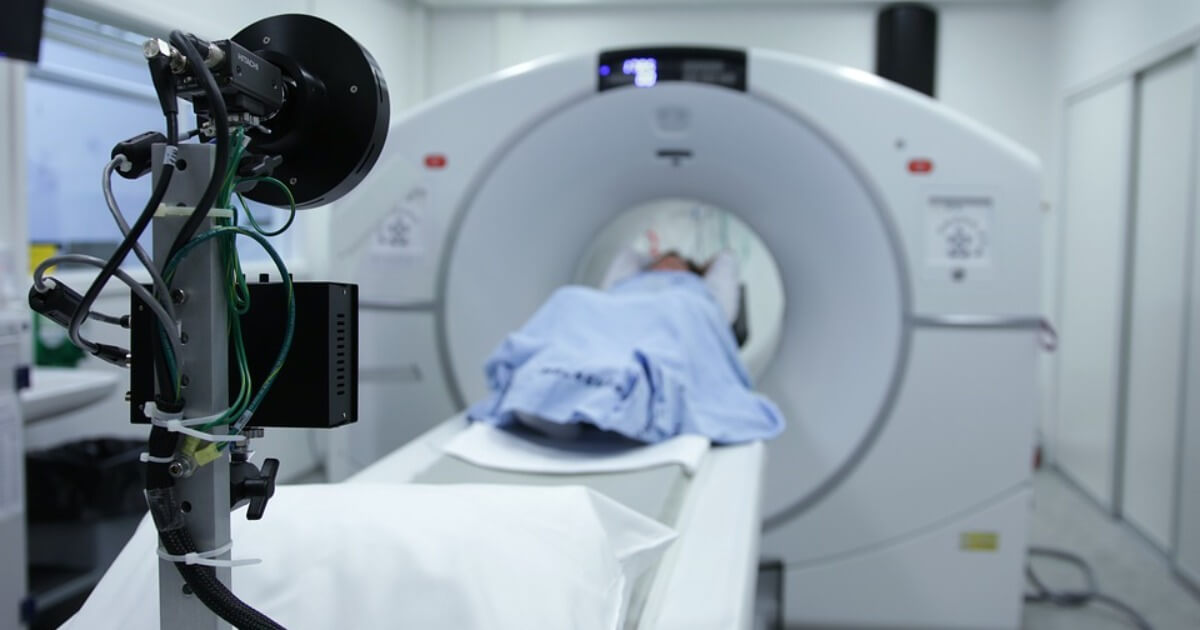A Short Sketch of German History After 1945
Olaf Scholz’s “Zeitenwende“ was already the third such epochal change event in the country’s history since the end of WWII.
February 2, 2023

A Global Ideas Center, Strategic Assessment Memo (SAM) from the Global Ideas Center
You may quote from this text, provided you mention the name of the author and reference it as a new Global Ideas Center, Strategic Assessment Memo (SAM) published by the Global Ideas Center in Berlin on The Globalist.
After the defeat of German imperialism in WWI, German leaders attempted democracy from 1919 onward. However, the Weimar Republic’s democracy fell at the hands of ultra-conservatives and National Socialists.
The Nazi dictatorship, defeated in 1945, made way for democracy in modern Germany’s first turning point in history, a “Zeitenwende,” which was expressed in the 1949 “Basic Law of the Federal Republic of Germany,“ essentially (then Western) Germany’s constitution.
The first “Zeitenwende”
Konrad Adenauer, the country’s first postwar Chancellor (in power from 1949 until 1963) set Germany in the first Zeitenwende by guiding (West) Germany on a democratic course committed to the inviolability of human dignity and democracy.
After decisively intervening to end two world wars and defeating Hitler’s Germany, the United States chose to remain a European power to help European leaders end arch-enemy relations and avoid a WWIII.
President Truman designed the Marshall Plan and NATO to provide European security and prosperity, while strongly supporting Adenauer’s Westbindung.
Open for Europe’s policy initiatives
The United States – having accepted its role as a European power – was open for Europe to have policy initiatives of its own. That is why, albeit grudgingly at first, then-U.S. President Richard Nixon and his top aide Henry Kissinger came to support Willy Brandt’s Ostpolitik which the country’s first SPD had launched in 1969.
This policy included the agreement with the Soviet Union in the Helsinki Final Act that national borders would only change peacefully.
However, in the early 1980s, the Soviet Union threatened Europe with its SS-20 intermediate-range nuclear missiles (INF). They were designed to decouple the U.S. security guarantee from Europe.
Brandt’s successor, Helmut Schmidt, convinced Ronald Reagan in a dual policy of détente and deterrence to deploy U.S. Pershing nuclear missiles to keep the United States as a European power. Those policy initiatives of the first German Zeitenwende would lead to the second turning point.
The second “Zeitenwende”
The second Zeitenwende came in a Peaceful Revolution in 1989, inspired by the Helsinki Final Act for peaceful border changes. Ronald Reagan set the tone for the turning point when he called on Mikhail Gorbachev to “Tear Down this (Berlin) Wall.”
As East Germans demonstrated courage in confronting the Honecker regime, President George H.W. Bush offered Helmut Kohl “Partnership in Leadership” to achieve German unification.
And when Lothar de Maizière was elected prime minister in East Germany with a mandate for unification, Presidents Bush and Gorbachev joined Kohl in the “2+4” Negotiations for German unification.
A force for stability
During the three decades after unification, the U.S. government has worked closely with Germany to support investment in the eastern states and to remain the protecting power ensuring peace.
It did so – despite strong distractions and challenges both in the United States and in Germany, such as the difficulties of a financial crisis, wars in Iraq and Afghanistan, terrorism, rising populism, right-wing movements and anti-Semitism.
In short, the United States stands as a force for democracy and the rule of law that also are the hallmarks of a united Germany today.
The third Zeitenwende
Now, Germany is in the third Zeitenwende. It was announced by Chancellor Olaf Scholz a few days into his term, after Putin’s Russia invaded Ukraine.
Putin’s decision to violate the international order and the sanctity of international borders as well as choosing to pursue genocide in order to eradicate a sovereign nation and its people did require an unmistakable response.
In defiance of Russia’s armed crime of aggression, President Zelensky has led Ukraine to stand up to the Russians. Ukraine has exercised its rights under the U.N. Charter, Article 51, to defend itself.
President Biden led the international community, with significant support from Germany, to supply weapons to Ukraine for its defense.
Scholz: Hesitator or determined actor?
When Chancellor Scholz hesitated to supply Leopard tanks to Ukraine from Germany, he turned to the historical memory of the Nazi invasion of Russia for an explanation of his position.
Would German tanks provoke an escalation from Russia’s point of view? If so, he demanded the United States provide its Abrams main battle tank before Germany would supply or release others to deliver tanks to Ukraine.
Given that dark German legacy, it should be self-evident from a German point of view why military force is now needed to defeat brutal Russian acts of aggression against Ukraine. Biden finally persuaded Scholz to act with some determination.
The Biden administration’s immense patience with their German counterparts is based on a straightforward assessment. At some point, Germany needs to learn to lead in Europe to defend the twin causes of democracy and freedom. At a minimum, it must not stand in the way or slow-walk such efforts.
Wars on the battlefield – and in memory
The writings of Professor Viet Thanh Nguyen, a Pulitzer Prize-winning author of “Nothing Ever Dies,” explains the limitations of one-sided remembrance. He warns that it often erases people’s stories.
That is very much apropos today. Ukraine’s story as the victim in both wars is in danger of being erased. Asked how wars end, Nguyen said in 2021 that “All wars are fought twice, the first time on the battlefield, the second time in memory.”
History as an intruder
History has a way of intruding. An essential fact about the Nazi invasion of the Soviet Union is that Ukrainians were the victims.
First, the Nazis seized Ukraine’s entire territory and murdered its Jewish citizens. Second, Russia has returned war to Europe by invading Ukraine, violating international order and pursuing genocide to eradicate its people.
To be sure, Germany’s remembrance culture is rich with examples of militaristic abuses. However, these examples should not be used as excuses to prevent action that will preserve the inviolability of human dignity.
Instead, in the specific German case, remembrance must balance the heroic Soviet defeat of Nazi Germany with Putin’s brutal Russian aggression in Ukraine.
As the first Zeitenwende, induced by the desire to overcome the record of the Hitler regime, to which Germany pledged itself in 1949, makes plain that defending human dignity is the overriding raison d’ètre of modern-day Germany.
In Germany‘s third post 1945 Zeitenwende, remembrance plays a role in stopping military aggression. Still, Olaf Scholz chose to invoke the German memory of Hitler’s invasion very selectively.
That is, he invoked remembrance on Germany’s part mostly exclusively toward Russia. For that reason, he refuses to lead in Europe for a long while, delaying the delivery of needed weapons.
For all the resolve and determination he now claims, there is no denying that Mr. Scholz hesitated to stand against Russian aggression with weapons to stop it.
Four lessons
1. Germany is charged with supporting the military initiative on the battlefield to defeat the Russian crimes of aggression against Ukraine. That is the core lesson of the memory of German aggression.
2. Hitler’s invasion of the Soviet Union was across Ukraine and devastated the country snd murdered its Jewish citizens. Putin aggression is devastating Ukraine and murdering its citizens. The historical lesson is Germany needs to stop Russian aggression.
3. The war will only end when Ukraine is whole, free and at peace after Russian forces leave the country.
4. Only when Ukraine’s territorial integrity and sovereignty are restored will there be the basis for diplomatic negotiations to prevent Russia from further crimes of aggression.
That is a lesson stemming directly from the consequences of Germany’s own 20th century history which the leaders of the SPD, the German government’s leading party, still have to come to terms with.
Conclusion
Curiously enough, it stands to reason that Willy Brandt, often cited by today’s SPD leaders as the key figure in shaping their thinking, would have had no hesitation to stand firm with Ukraine and the twin fight against oppression and militarism.
Takeaways
Given that dark German legacy, it should be self-evident from a German point of view why military force is now needed to defeat Russian acts of aggression against Ukraine.
Germany's remembrance culture is rich with examples of militaristic abuses. However, these examples should not be used as excuses to prevent action that will preserve human dignity.
Defending human dignity is the overriding raison d'ètre of modern-day Germany.
For all the resolve and determination he now claims, there is no denying that Mr. Scholz hesitated to stand against Russian aggression with weapons to stop it.
Germany is charged with supporting the military initiative on the battlefield to defeat the Russian crimes of aggression against Ukraine. That is the core lesson of the memory of German aggression.
The US stands as a force for democracy and the rule of law that also are the hallmarks of a united Germany today.
The US’s patience with Germany is based on a straightforward assessment: Germany needs to learn to lead in Europe to defend the twin causes of democracy and freedom.
Only when Ukraine's territorial integrity and sovereignty are restored will there be the basis for diplomatic negotiations to prevent Russia from further crimes of aggression.
A Global Ideas Center, Strategic Assessment Memo (SAM) from the Global Ideas Center
You may quote from this text, provided you mention the name of the author and reference it as a new Global Ideas Center, Strategic Assessment Memo (SAM) published by the Global Ideas Center in Berlin on The Globalist.


